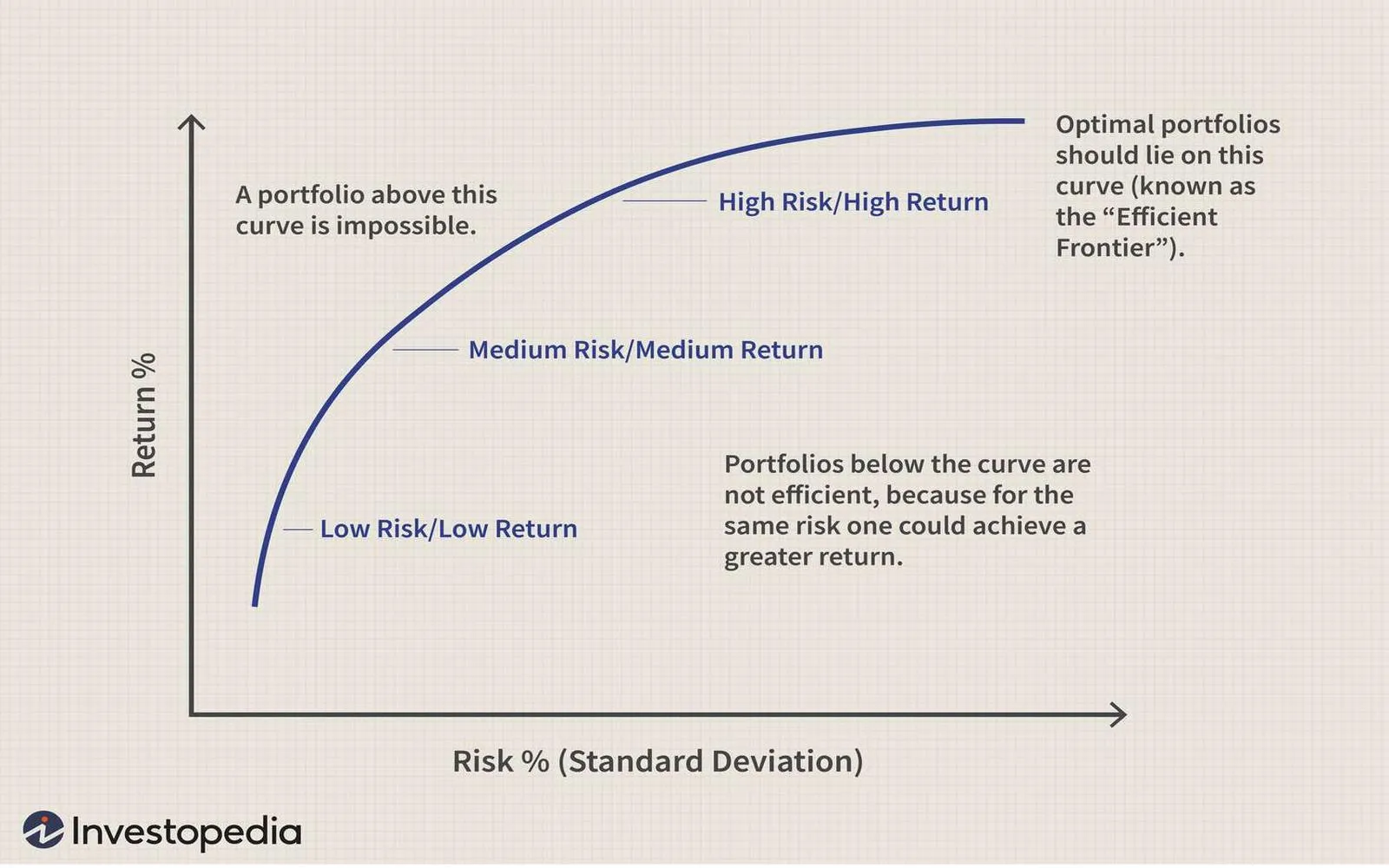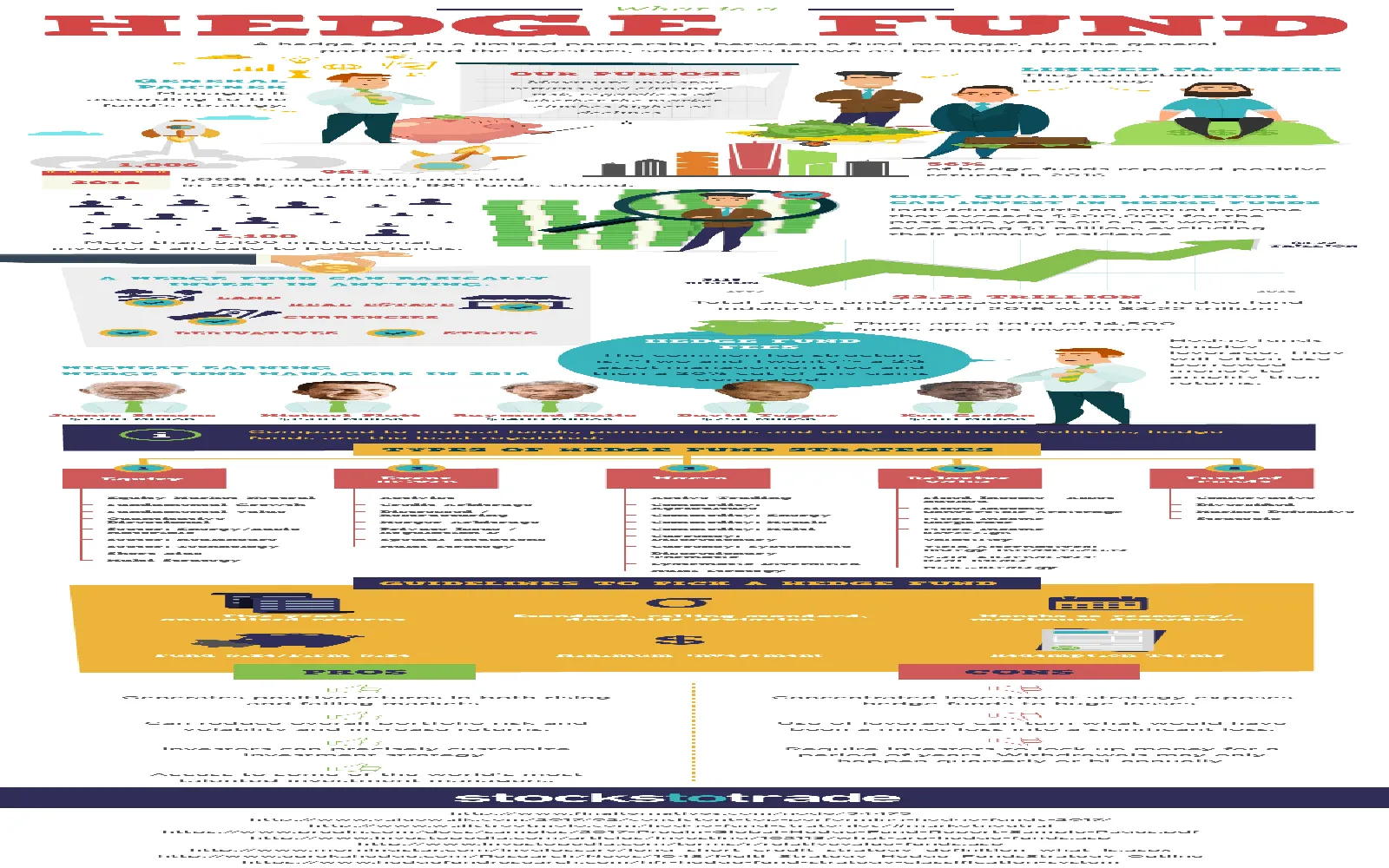Understanding Mutual Funds: A Brief Overview
Mutual funds are investment vehicles that pool money from multiple investors to purchase a diversified portfolio of stocks, bonds, or other securities. They offer an accessible way for individuals to participate in the financial markets without needing extensive knowledge or experience. As we look towards 2025, several trends and insights can help investors make informed decisions about their mutual fund investments.
Key Trends Impacting Mutual Fund Investments in 2025
In the evolving landscape of finance, understanding the key trends can significantly enhance your investment strategy. Here are some essential trends to watch:
- Increased Emphasis on ESG Investing: Environmental, Social, and Governance (ESG) factors are becoming critical in investment decisions. Investors are increasingly looking for mutual funds that align with their values and contribute positively to society.
- Technological Advancements: The rise of robo-advisors and AI-driven investment tools are making mutual fund investments more accessible. These technologies can help investors choose funds based on their risk tolerance and financial goals.
- Passive vs. Active Management: The debate between actively managed and passively managed mutual funds continues. While passive funds have gained popularity due to lower fees, actively managed funds are still appealing for their potential to outperform the market.
Choosing the Right Mutual Fund for Your Portfolio
With thousands of mutual funds available, selecting the right one can be daunting. Here are some factors to consider:
- Investment Objectives: Define your investment goals clearly. Are you looking for growth, income, or a combination of both? Knowing your objectives will help you choose the right mutual fund.
- Risk Tolerance: Assess your risk appetite. Some mutual funds are more volatile than others, and understanding your comfort with risk will guide your choices.
- Expense Ratios: The cost of investing in mutual funds can vary significantly. Look for funds with lower expense ratios to maximize your returns over time.
- Performance History: While past performance is not indicative of future results, it can give you a sense of how the fund has performed in different market conditions.
Performance Metrics to Monitor
When evaluating mutual funds, consider the following performance metrics:
- Alpha: This measures a fund's performance relative to a benchmark index. A positive alpha indicates that the fund has outperformed its benchmark.
- Beta: Beta measures a fund's volatility compared to the market. A beta of less than 1 indicates lower volatility, while a beta greater than 1 suggests higher volatility.
- Sharpe Ratio: This ratio measures risk-adjusted return. A higher Sharpe ratio indicates that the fund is providing better returns for the level of risk taken.
Tax Considerations for Mutual Fund Investors
Understanding the tax implications of mutual fund investments is crucial for maximizing returns. Here are some key considerations:
- Capital Gains Distributions: Mutual funds may distribute capital gains to investors, which can trigger tax liabilities. Be aware of the fund's distribution history and plan accordingly.
- Tax-Efficient Funds: Some funds focus on tax efficiency by minimizing capital gains distributions. These funds can be beneficial for taxable accounts.
The Role of Diversification in Mutual Fund Investments
Diversification is a fundamental principle of investing, and mutual funds inherently provide this benefit. By investing in a mutual fund, you gain exposure to a wide range of securities, which can reduce the risk associated with individual investments. Here are some points to consider:
- Asset Allocation: Diversifying across different asset classes (stocks, bonds, etc.) can help balance risk and reward in your portfolio.
- Geographic Diversification: Consider mutual funds that invest in international markets to further diversify your investments and reduce domestic market risk.
Conclusion: Making Informed Mutual Fund Investments in 2025
As we approach 2025, staying informed about the evolving trends and dynamics of mutual fund investments is crucial. By understanding your investment goals, risk tolerance, and the performance metrics of mutual funds, you can make informed decisions that align with your financial objectives. Remember, the key to successful investing lies in research, patience, and a well-diversified portfolio.
Ultimately, whether you are a seasoned investor or just starting, utilizing these essential insights will empower you to navigate the mutual fund landscape effectively and maximize your investment potential in the years to come.









